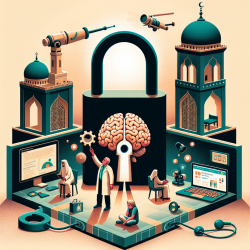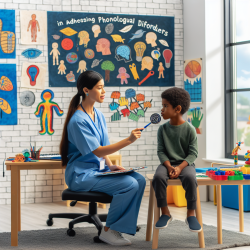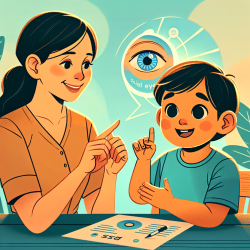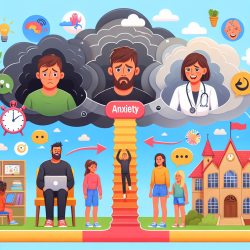Chronic pain is a significant health phenomenon that tends to restrict the participation of young people in everyday life. A recent study titled, “Participation in everyday life for young people with chronic pain in Saudi Arabia: ‘you feel lacking in life and you feel that time is flying by’” offers profound insights into the lived experiences of young people dealing with chronic pain. As practitioners focused on creating great outcomes for children, it's crucial to understand these findings and integrate them into our therapeutic practices.
Key Findings from the Research
The study categorized young people's experiences of chronic pain into three themes:
- Experiencing Chronic Pain: Young people described their pain with evocative terms such as “squeezing,” “pressing,” and “breaking.” Pain was triggered by physical activities, environmental conditions, and even emotional stress.
- Impact on Quality of Life: Chronic pain significantly affected physical, psychological, and social functioning. Participants reported sleep disturbances, reduced energy levels, anxiety, mood changes, and social isolation.
- Everyday Strategies to Manage Pain: Despite their challenges, young people used a variety of strategies to manage their pain, including medications, cognitive strategies, and spiritual practices.
Implementing Research Outcomes in Practice
As practitioners, here are some actionable steps to improve our approach to managing chronic pain in young people:
1. Comprehensive Assessment
Use a biopsychosocial approach to assess the impact of chronic pain on a child's life. This should include:
- Physical assessment to identify pain triggers and levels.
- Psychological evaluation to understand emotional and cognitive impacts.
- Social assessment to gauge the impact on peer relationships and social activities.
2. Multidisciplinary Approach
The study emphasizes the importance of a multidisciplinary approach. Collaborate with healthcare providers, educators, and family members to create a comprehensive pain management plan.
3. Cognitive Behavioral Therapy (CBT)
Implement CBT techniques to help children develop positive thinking and coping strategies. Techniques such as relaxation, distraction, and positive affirmations can be highly effective.
4. Cultural Sensitivity
Understand the cultural context of the child’s pain experience. For instance, in the study, young people’s positive attitudes towards their pain were influenced by their Islamic beliefs. Incorporating culturally sensitive approaches can enhance therapeutic outcomes.
5. Family Involvement
Encourage family participation in the therapeutic process. Family support plays a significant role in managing chronic pain and improving the child's quality of life.
6. Use of Technology
Leverage online therapy platforms like TinyEYE to provide consistent and accessible support to children experiencing chronic pain. Online resources can offer flexibility and immediate access to therapeutic interventions.
Encouraging Further Research
The study underscores the need for more research on pediatric chronic pain, especially in different cultural contexts. Practitioners should be encouraged to participate in or support further research to develop more effective pain management strategies.To read the original research paper, please follow this link:
Participation in everyday life for young people with chronic pain in Saudi Arabia: “you feel lacking in life and you feel that time is flying by”.










